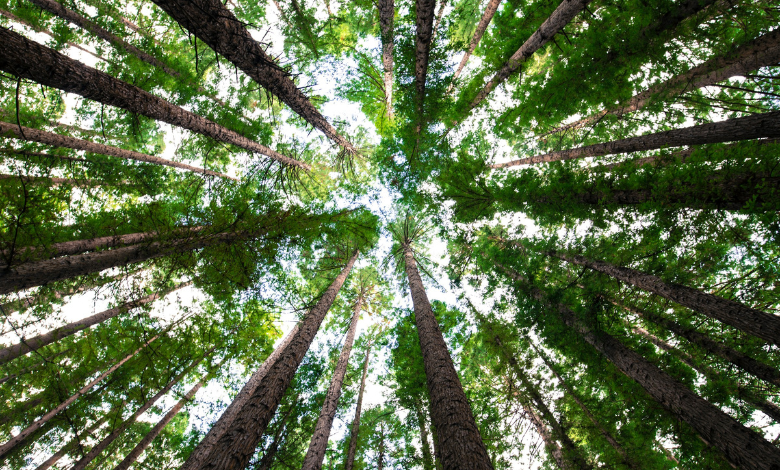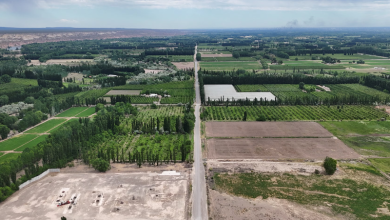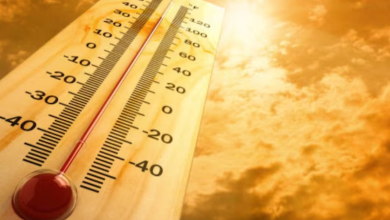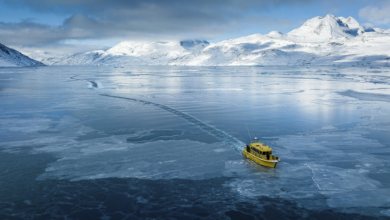NYC to get first pocket forest in Roosevelt Island as climate crisis keeps temperatures high

In the coming month, a tiny forest housing more than 1,000 native plants is expected to spring up in The Big Apple on a 2,700 sq ft plot of land on the southern tip of Manhattan’s Roosevelt Island as climate change elevates temperatures to unprecedented highs.
It shall be New York City’s first pocket forest, and supporters believe it can bring both the beauty of increased biodiversity and tangible benefits to residents and visitors experiencing increasingly extreme climate-related natural phenomena.
Japanese botanist Akira Miyawaki pioneered the concept of planting dense, fast-growing trees and shrubs in the 1970s. The method is immensely popular across Asia, Europe, Africa, Middle East and South America. Numerous cities in the US have also created mini forests.
Cities facing critical shortage of permeable surfaces
Elise Van Middelem, founder of SUGi, a non-profit given the responsibility to plant species like Virginia strawberry and New York fern on Roosevelt Island, said: “Today our cities are concrete on concrete,” highlighting that mini forests can act as sponges.
There is a critical shortage of permeable surfaces in cities globally. But the Miyawaki method of plantation can introduce water and carbon absorption, besides cooling, shade and the restoration of ecosystems that can serve as a home to wildlife such as birds and insects.
Manhattan’s borough president, Mark Levine, said: “I’m thrilled about this kind of green infrastructure that actually cools the neighbourhood at a time of global warming,” highlighting the need to implement more such strategies in different communities.
Global heating not putting the same impact on all
“I’d like to see the next one in low-income communities of colour,” he added. It has been found that on high heat days, people of colour and low-income residents face the brunt of heat due to poor air quality, lack of trees and shade, and inadequate cooling systems.
The cost of the pocket forest is estimated to be $54,000, at roughly $200 per 10 sq ft, according to Van Middelem. It is set to be planted in an unused garden space leased from the city. The move involving over 300 volunteers and counting is scheduled for April 6.
Climate change has turned into one of the greatest threats to humanity. The EU’s Copernicus Climate Change Service recently confirmed last month as the hottest February ever, and had earlier raised concerns over a ‘hottest January’ and ‘hottest year on record’ (2023).



